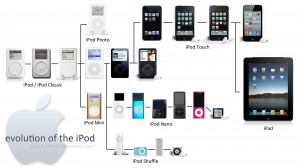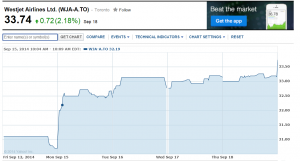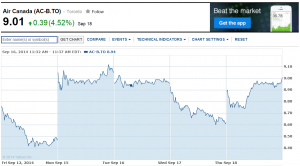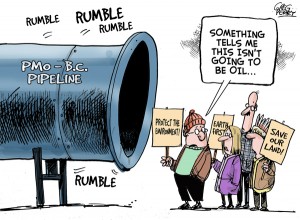Income inequality has always been an ongoing problem in the USA and even poses a threat to state tax revenue. What’s surprising, however, are the underlying factors causing the issue to occur. Traditionally, the blame has been directed toward income discrepancy amongst management and the blue collar workforce, but time seems to be looking at a shift in trend.
Reading through Walter Frick’s blog post, “The Salary Gap between Stingy and Generous Companies is Growing”, job income inequality is transitioning into exactly what the title suggests – a difference in wages for similar roles in the industry.
Perhaps higher paying companies attract the most skilled workers in the industry and therefore can justify their decision-making or perhaps workers with lower pay are compensated through benefits. What this can only prove is the wide range with which similar companies value their employees and the skills that they bring. It is apparent that placing a dollar sign on the head of each employee is not regulated by a consistent method and therefore makes sense, that the intangible asset of human intellect is NOT included on financial statements.
In fact, can humans be considered an intangible asset? I’m afraid that the current situation doesn’t fulfill the criteria of the second point.
International Accounting Standards Recognition Criteria for Intangible Assets (IAS 38)




